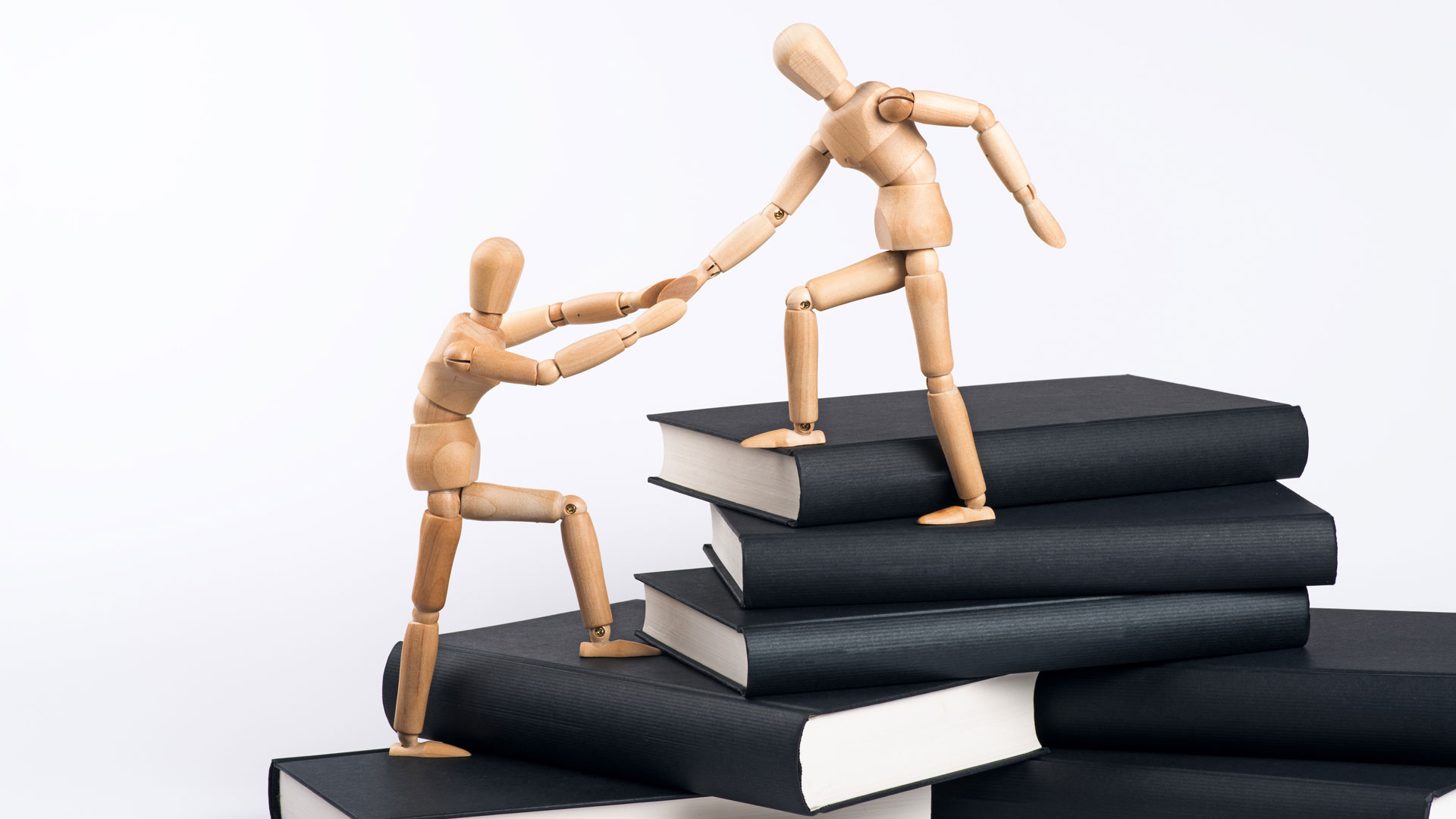
Teaching is an intricate blend of art and science, demanding not only expertise in subject matter but also the ability to connect with students, adapt to their diverse needs, and continually improve one’s practice.

Teaching is an intricate blend of art and science, demanding not only expertise in subject matter but also the ability to connect with students, adapt to their diverse needs, and continually improve one’s practice. One of the most powerful tools in a teacher’s arsenal for achieving this is self-reflection. Regular self-reflection can transform teaching from a routine job into a dynamic and responsive profession, leading to better outcomes for both teachers and students.
Self-reflection in teaching involves taking a step back to thoughtfully consider and analyze one’s teaching practices, classroom interactions, and overall effectiveness. It’s about asking critical questions such as:
This introspective process is not about self-criticism but about gaining insights that lead to growth and improvement.
Enhances Self-Awareness:
Self-reflection helps teachers become more aware of their strengths and areas for improvement. By understanding their teaching styles, biases, and assumptions, educators can make more informed decisions in the classroom.
Promotes Continuous Improvement:
Teaching is a dynamic field where best practices evolve. Reflective teachers are more likely to stay updated with new educational research and methodologies, integrating them into their practice to continually enhance their effectiveness.
Boosts Student Engagement and Achievement:
When teachers reflect on their methods and student responses, they can tailor their approaches to better meet the needs of their students. This responsiveness fosters a more engaging and supportive learning environment, leading to higher student achievement.
Encourages Professional Growth:
Reflective practice is a hallmark of professional growth. It enables teachers to set personal goals, seek out professional development opportunities, and collaborate with colleagues to share insights and strategies.
Improves Problem-Solving Skills:
Reflecting on classroom challenges and considering various solutions enhances a teacher’s problem-solving skills. This proactive approach helps in managing classroom dynamics and addressing student issues more effectively.
1. Journaling:
Keeping a reflective journal is a straightforward way to document and analyze daily teaching experiences. Writing down thoughts, observations, and questions can reveal patterns and provide a record of growth over time.
2. Peer Collaboration:
Discussing experiences with colleagues can offer new perspectives and insights. Peer observations, feedback sessions, and collaborative planning can enrich the reflective process.
3. Student Feedback:
Gathering feedback from students provides valuable insights into their learning experiences. Understanding their perspectives can guide adjustments in teaching methods and strategies.
4. Video Recording:
Recording lessons and reviewing them can be an eye-opening experience. It allows teachers to observe their own body language, interaction patterns, and instructional techniques objectively.
5. Professional Development:
Engaging in workshops, courses, and seminars focused on reflective practice can provide structured approaches and tools to enhance self-reflection.
Self-reflection is a cornerstone of effective teaching. By regularly engaging in introspective practices, teachers can continuously evolve, adapt, and improve their methods. This ongoing cycle of reflection and growth not only benefits educators but also significantly enhances the learning experiences and outcomes for their students. Embracing self-reflection in teaching is not just a professional duty but a commitment to excellence in education.


